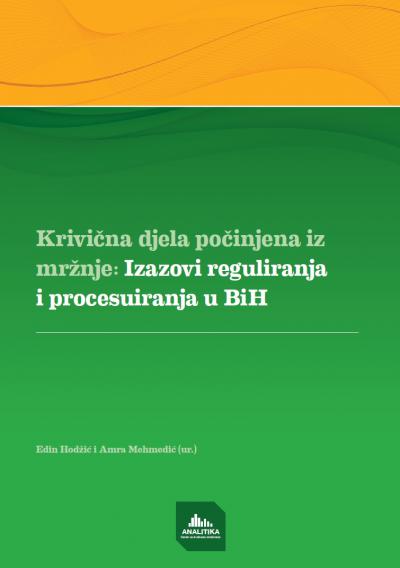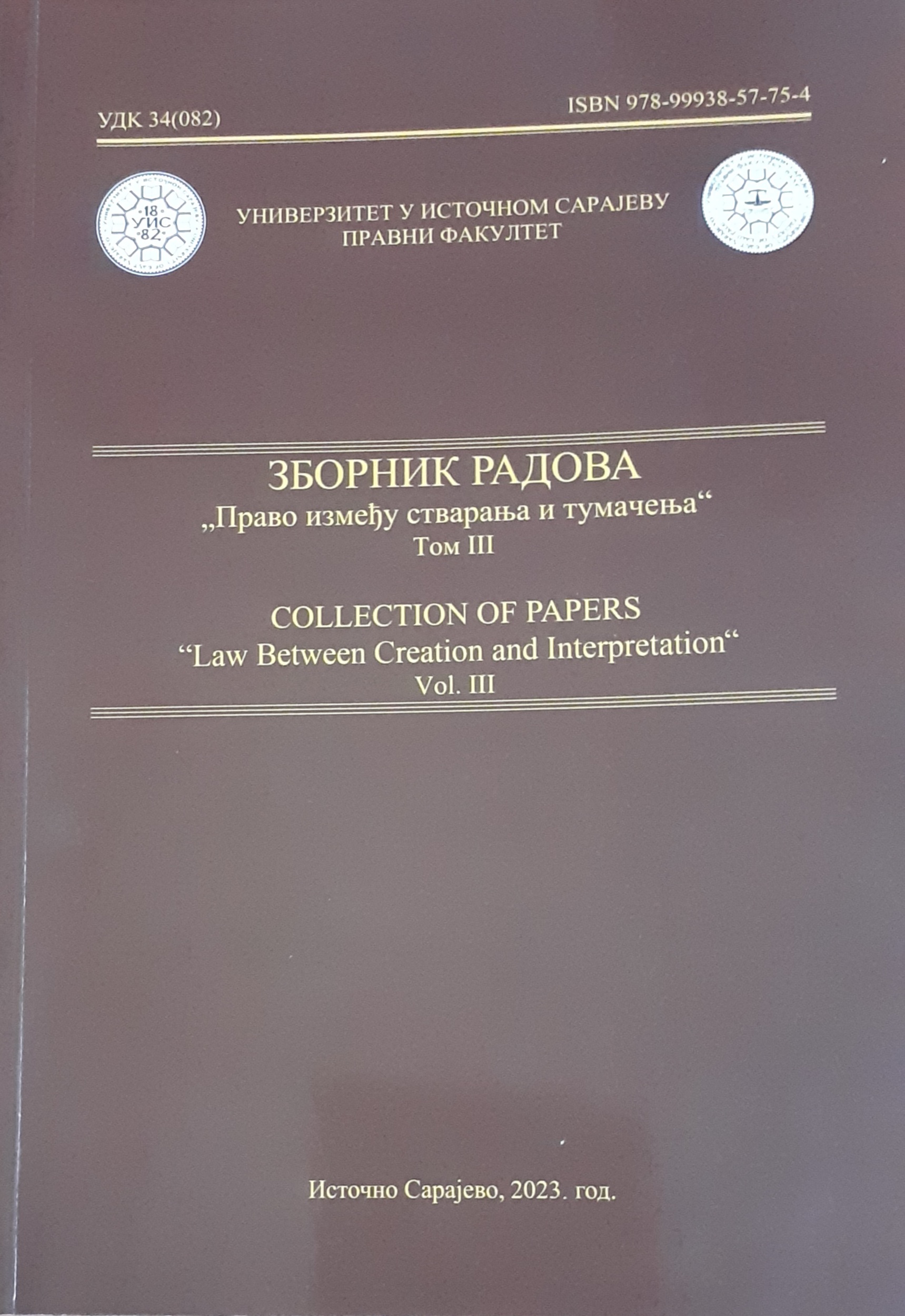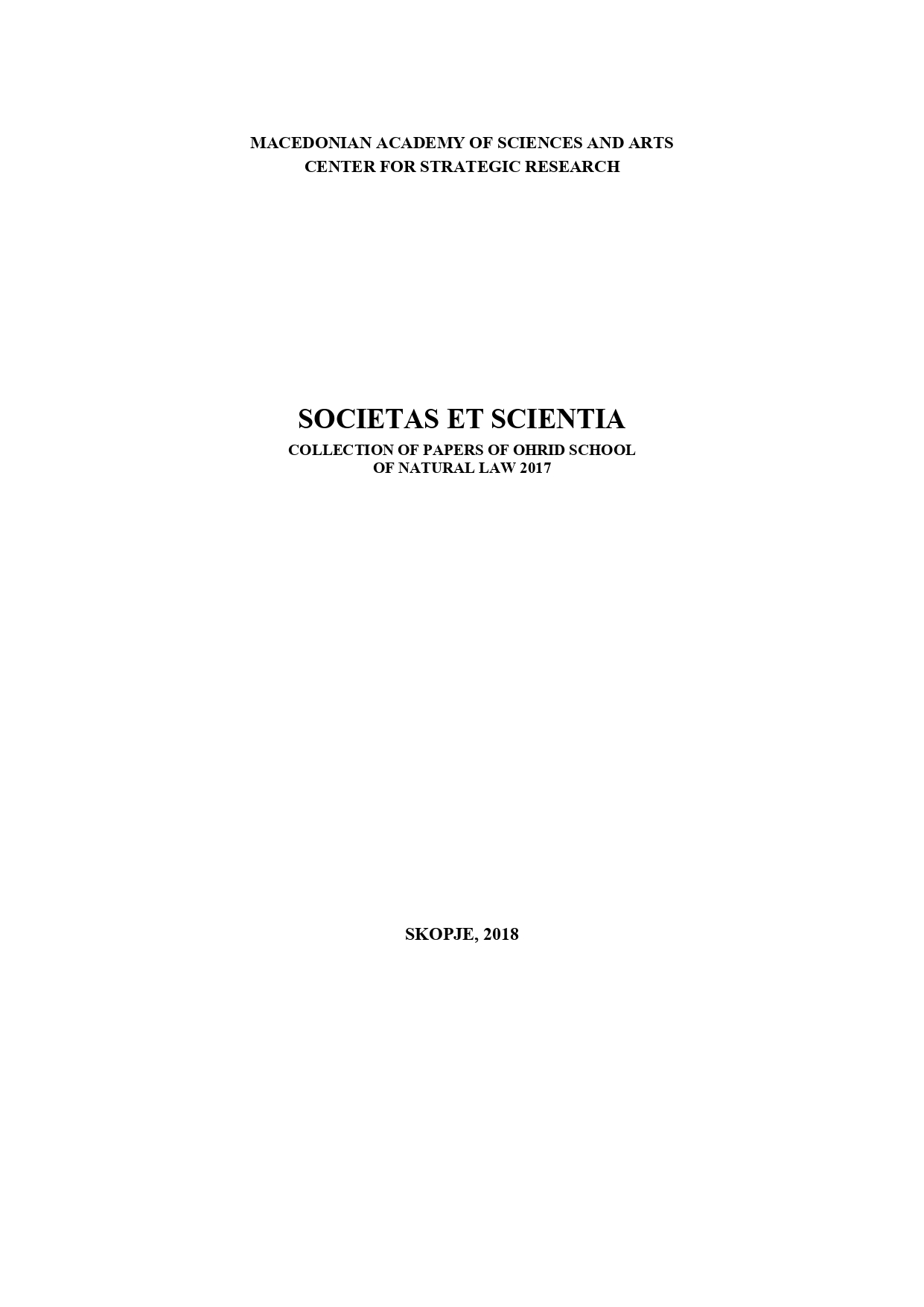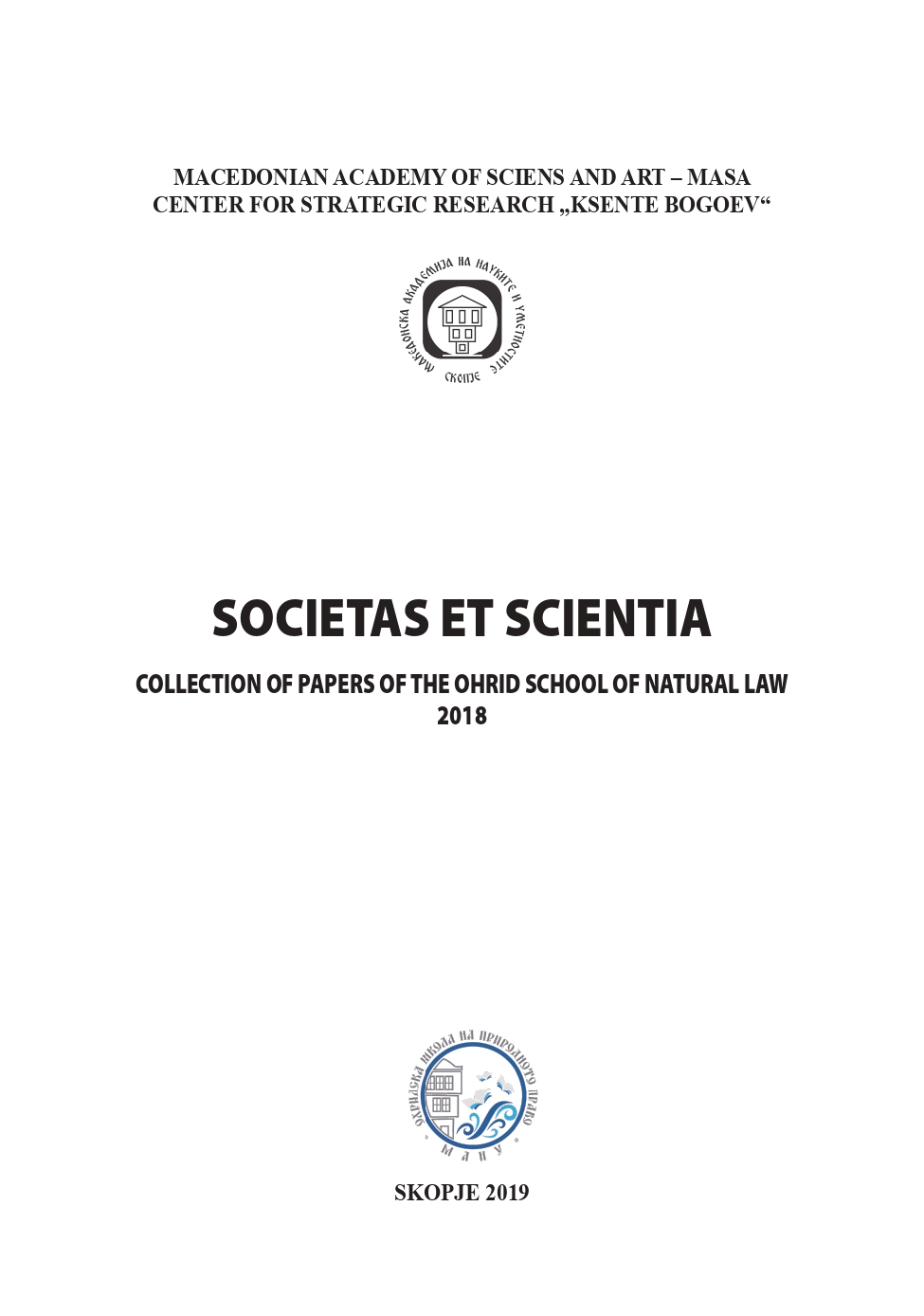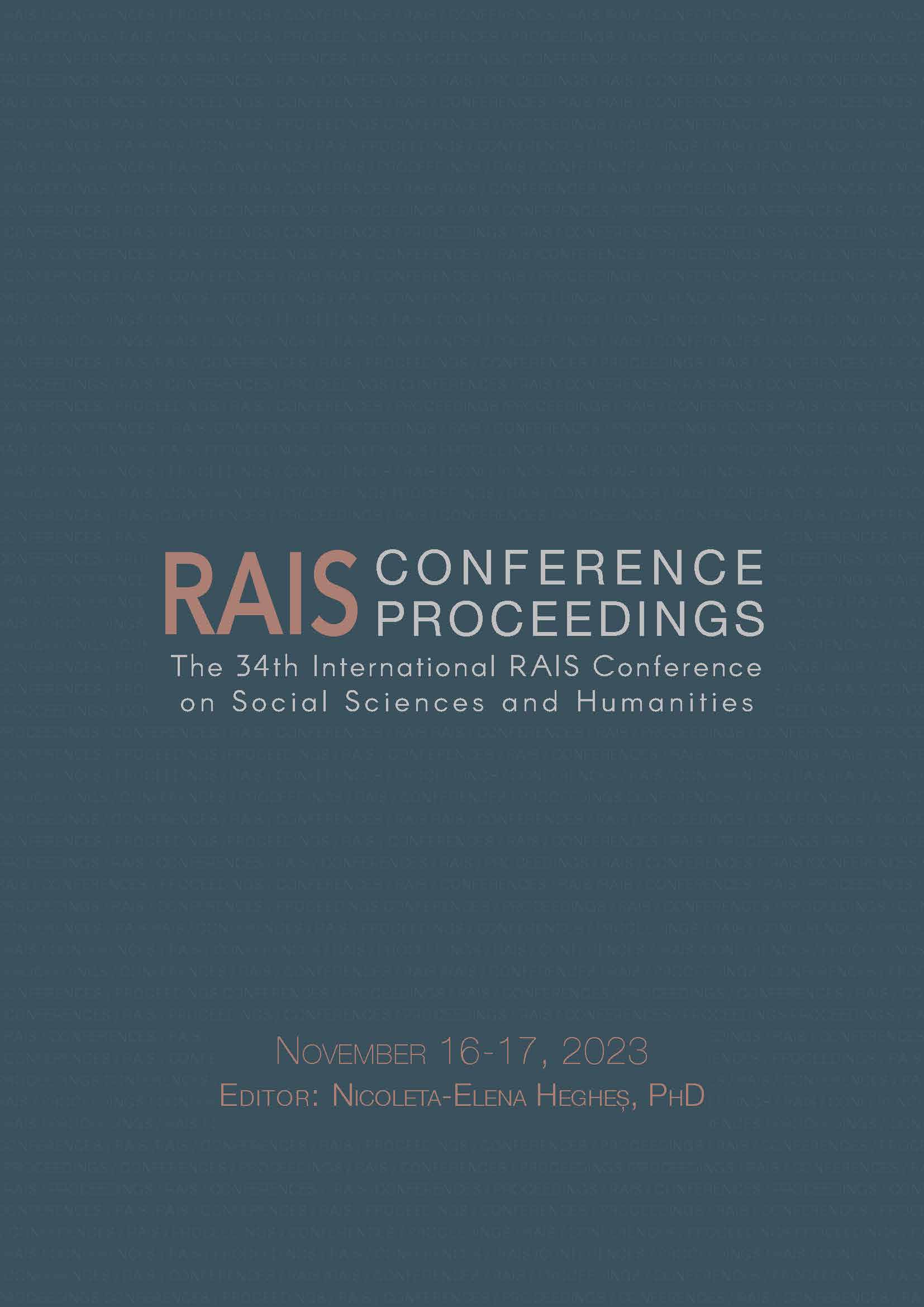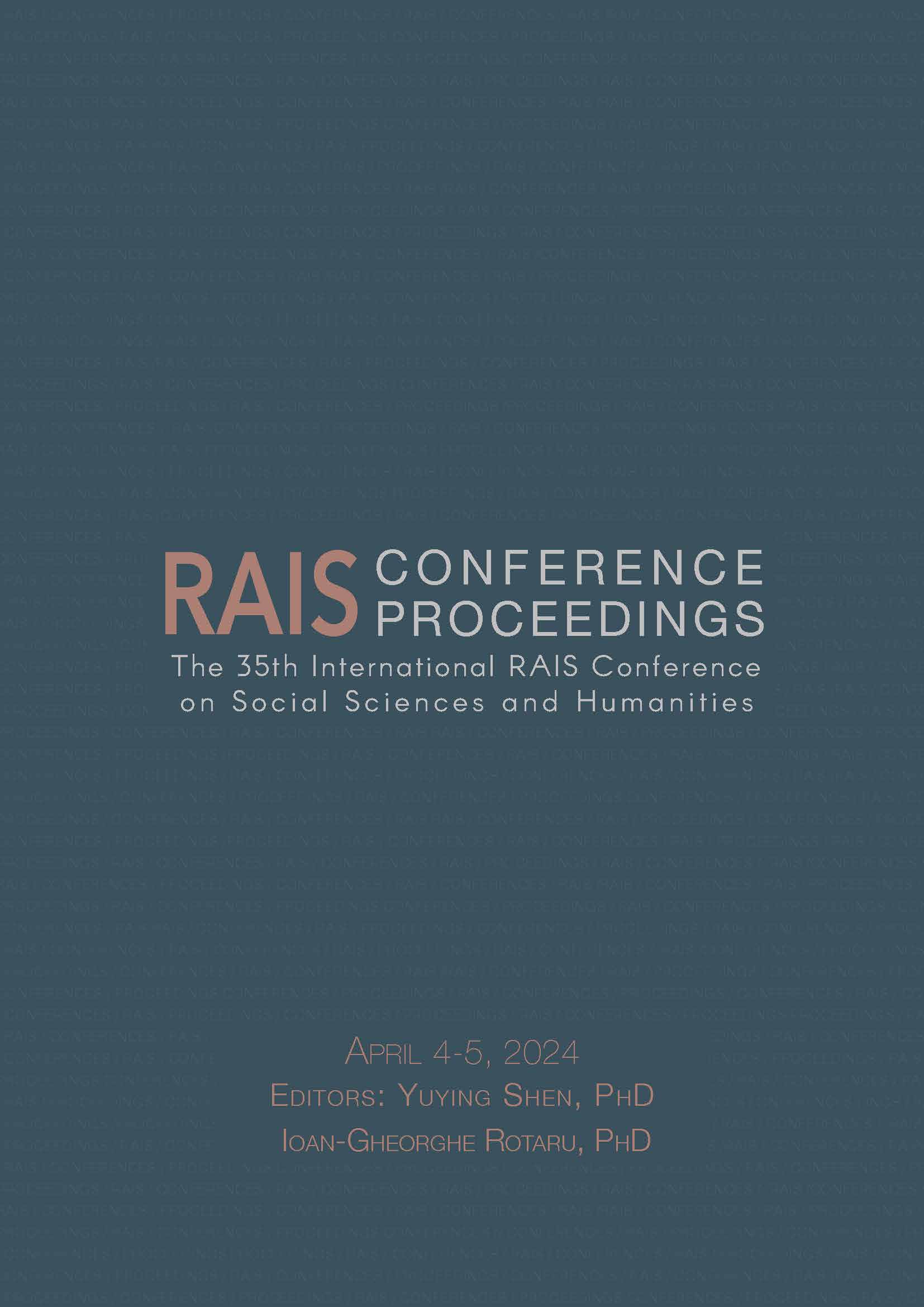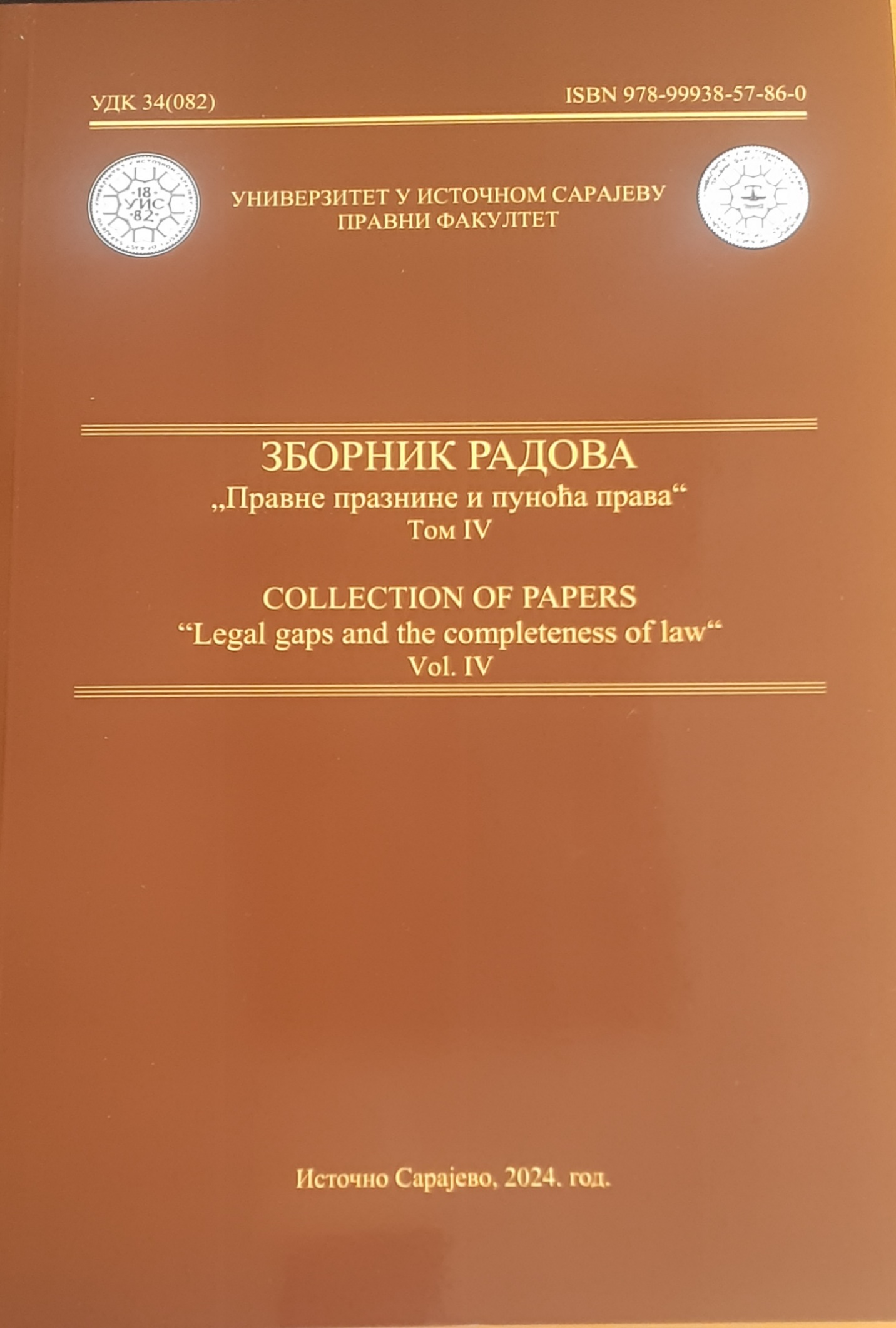Author(s): Miodrag N. Simović,Vladimir M. Simović / Language(s): English
Publication Year: 0
Criminal and other secondary laws are the fundamental source of modern national (internal) criminal law, not only in Bosnia and Herzegovina, but also in other developed countries. This approach excludes the application of unwritten (common) law, case law, or analogy in the creation of criminal law norms, even when there are legal gaps. However, these supplementary, auxiliary sources of criminal law have not lost their importance even today, both in national criminal law and in international criminal law, especially if their application is exceptional, justified, purposeful and rational, and reduced to the minimum possible extent. Namely, with the legal qualification of certain criminal offenses in specific cases by the criminal (national or international) justice bodies, situations can often arise, either with regard to the elements of being, when determining the existence of the conditions for punishment, where the application of additional sources (jurisprudence, legal science, common law rules, etc.) is absolutely necessary and justified, but always based on strict respect for the principle of legality. In the paper, the authors analyze the most significant aspects of the application of certain sources of legal norms in the legal qualification of criminal offenses (criminal matter) before criminal justice bodies in domestic and international criminal law, that is, the problems that may arise in concrete practice, and ways of solving them. In particular, the authors consider the general and specific concepts and elements of a criminal offense, the place and role of sources of criminal law, and the role of interpretation and analogy in criminal law. We consider the concepts and elements of criminal offense in international criminal law, as well as the role of interpretation and analogy among these sources, as a necessary precondition for solving this problem.
More...
